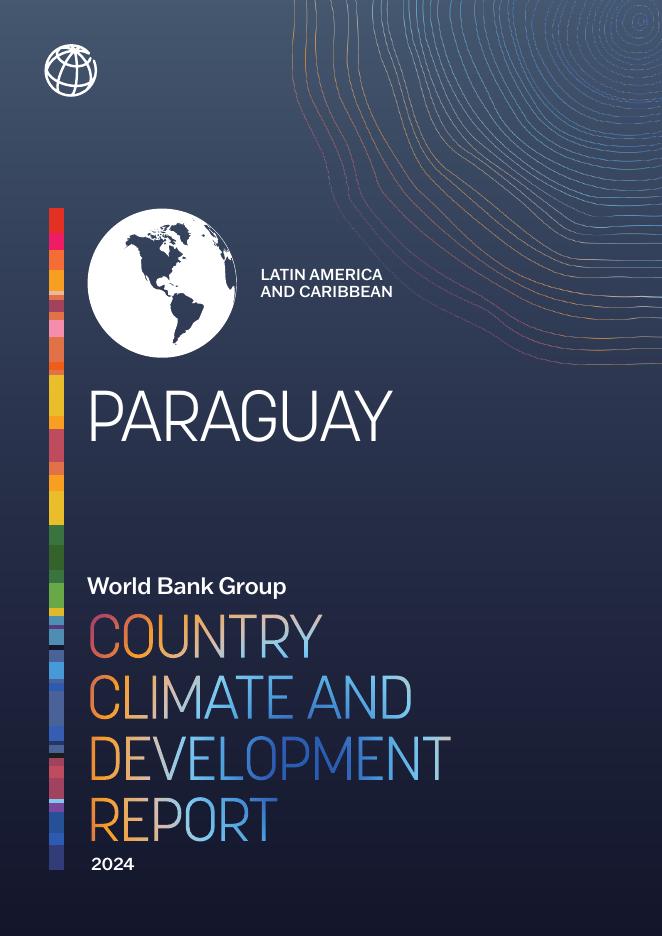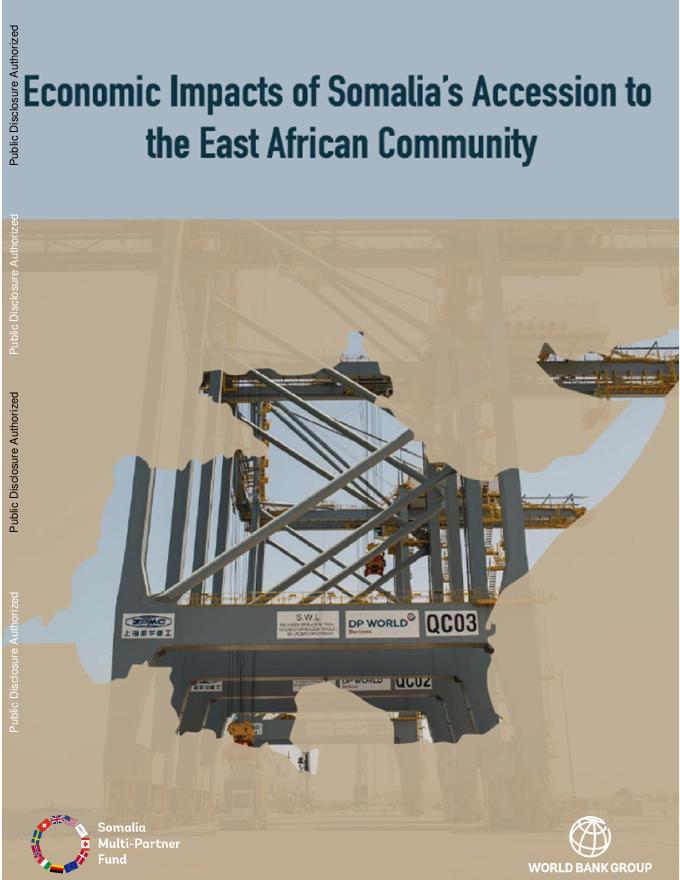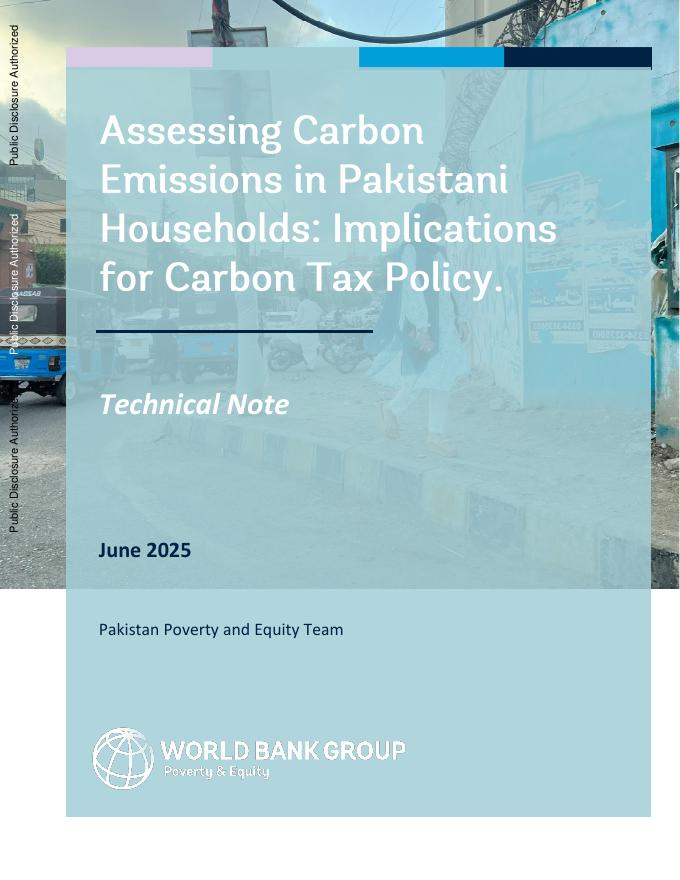世界银行:排名重要时的投票:真实的平衡、效率和弃权(英文版).pdf |
下载文档 |
资源简介
Ranked voting is an election format in which each voter ranks candidates on a ballot, and individual rankings are aggregated using a general rule to produce a social ranking. This paper proposes a non-cooperative model of this electoral system. The setting allows for unequal voting rights, abstention, and social incomparability of candidates, and each voter’s utility is measured by how close his or her true preferences are to the social ranking. The analysis uncovers three main findings. Firs
本文档仅能预览20页










